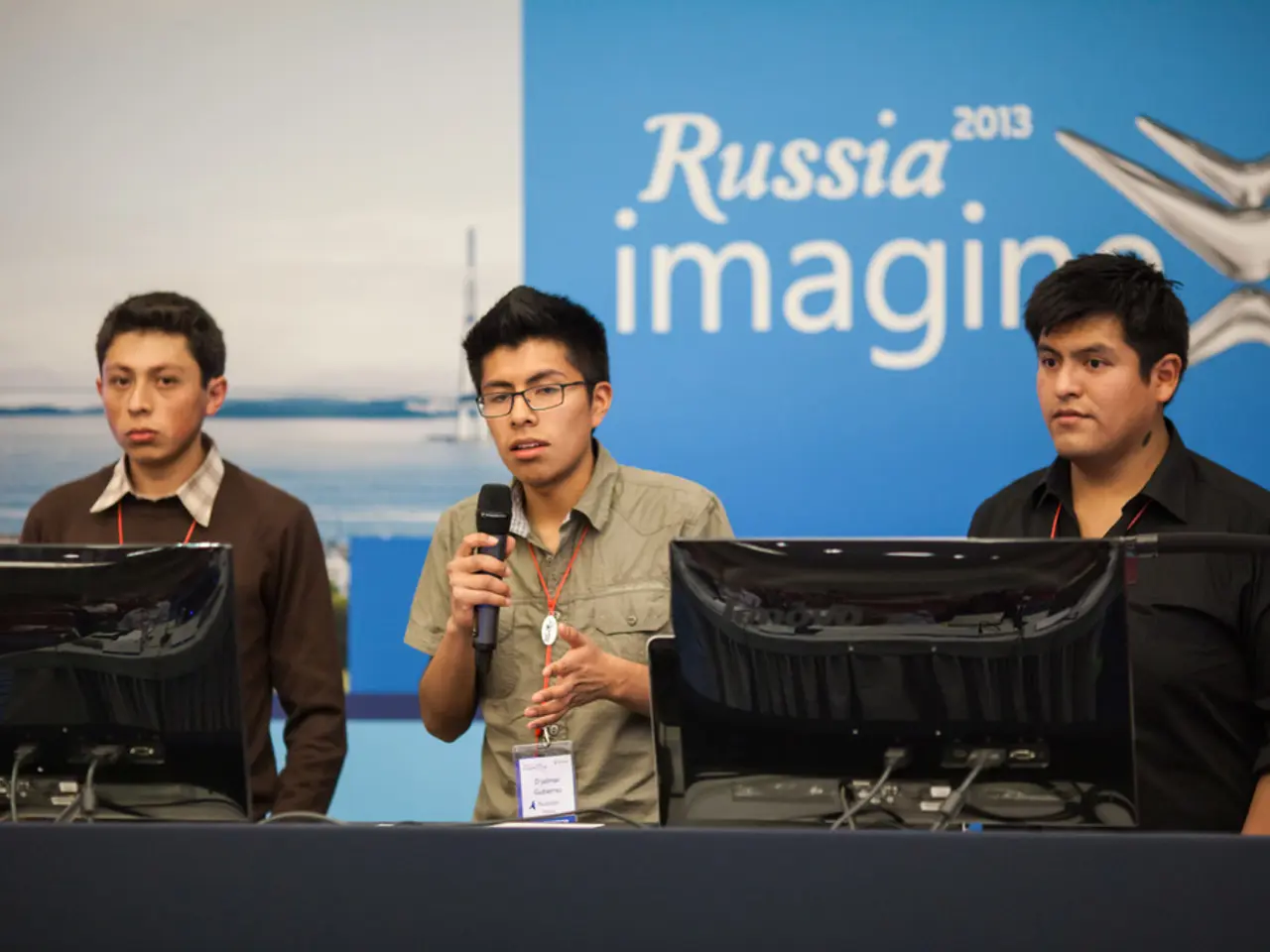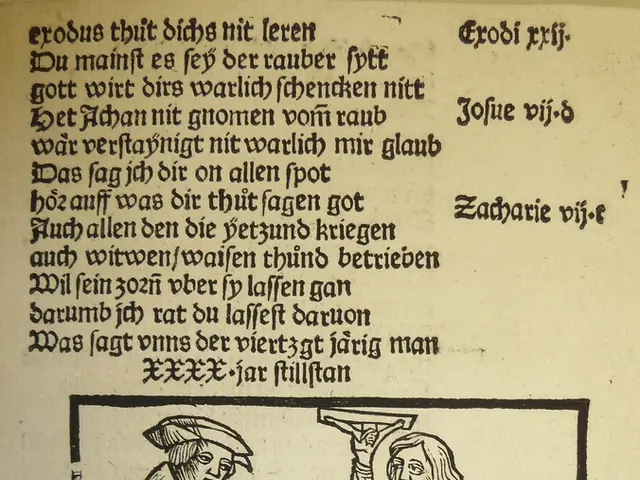Russia and North Korea's leaders pledge to enhance their collaboration preceding the Russia-US meeting.
In recent years, the relationship between Russia and North Korea has strengthened significantly, particularly in the wake of joint operations in Ukrainian territory. This marked a historic first, as North Korea deployed over 11,000 troops to fight alongside Russian forces in Ukraine [1][3].
This military support forms part of a broader strategic partnership, driven by Russia’s need for ammunition and North Korea’s need for food, energy, and military technology. The alliance has seen Pyongyang gain battlefield experience and access to advanced Russian weapons, which could potentially impact regional power balances in Northeast Asia [2][1].
Satellite imagery reveals increased logistics and resource transfers between the two countries, such as coal and oil flowing from Russia into North Korea. This suggests a strengthening of economic and military ties [1]. State media reports have further confirmed Pyongyang’s direct troop involvement, with military officials returning from operations in Ukraine to be honoured for their service [5].
Russian President Vladimir Putin has publicly praised North Korea's support in the Ukraine conflict, reinforcing their alliance at a diplomatic level [4]. The ongoing cooperation poses notable challenges for U.S. and allied security interests across Europe and the Indo-Pacific due to enhanced Russian military endurance and North Korea’s accelerated weapons development programs fuelled by Russian technology [1][2].
The summit between Vladimir Putin and Donald Trump is scheduled to take place in Alaska, where Putin is expected to be pressed to end the conflict in Ukraine [6]. Meanwhile, Kim Jong Un has confirmed North Korea's willingness to strengthen cooperation with Russia in the future, and has pledged to support all measures taken by the Russian leadership [7][8].
Last year, Russia and North Korea signed a mutual defense pact during Putin's visit to North Korea, marking a significant escalation in the conflict [9]. The exact terms of the pact are not detailed in the article, but it is expected to provide a framework for continued military and economic cooperation between the two countries [10].
The deployment of North Korean troops to Ukraine indicates a potential increase in military support for Russia in the conflict, and marks a significant escalation in the conflict [11]. The phone conversation between Vladimir Putin and Kim Jong Un took place in a "warm and friendly atmosphere," suggesting a close alignment between the two countries' foreign policies [12].
The deployment of North Korean troops in Ukraine was first confirmed by North Korea in April [13]. The exact nature of the joint operations between Russia and North Korea in Ukrainian territory is not specified in the article. However, the deepening ties between the two countries are clear, and the potential implications for regional and global security are significant.
References:
- The Diplomat
- The Washington Post
- NPR
- BBC News
- Reuters
- The Hill
- Korea Herald
- RIA Novosti
- South China Morning Post
- The Guardian
- CNN
- TASS
- The Associated Press
The strengthening alliance between Russia and North Korea, as evidenced by the deployment of North Korean troops in Ukraine, could potentially alter regional power balances in Northeast Asia, becoming a point of interest in general news and international politics. This military support and enhanced cooperation pose challenges for U.S. and allied security interests across Europe and the Indo-Pacific, as outlined in recent news articles and reports from sources such as The Diplomat, The Washington Post, and NPR.






